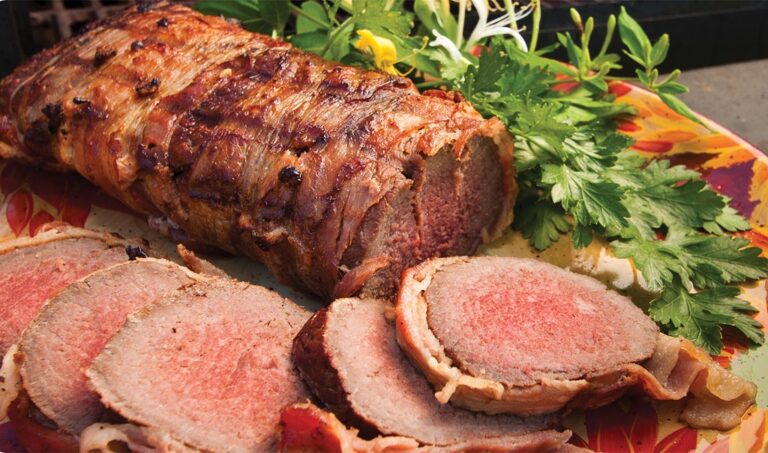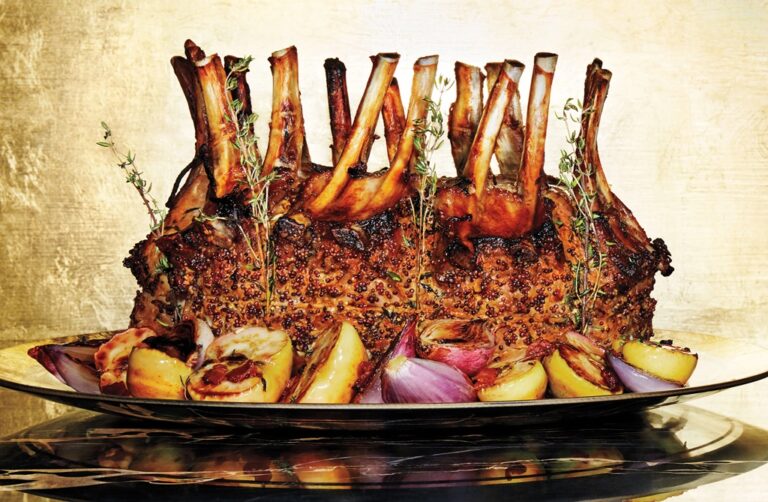Are you passionate about food? Do you have a flair for culinary creativity and a desire to turn your love for food into a thriving business? If so, you’ve come to the right place! In this article, we’ll dive deep into the world of the food business. From its intricacies to its challenges and opportunities, we’ll provide you with valuable insights to help you understand what it takes to succeed in the food industry. This article is presented by Jagbuzz.com.
Defining the Food Business
The food business encompasses a wide range of activities related to the preparation, production, distribution, and sale of food and beverages. It’s a diverse industry that caters to various aspects of our daily lives, from the neighborhood bakery to the high-end fine dining restaurant.
Types of Food Businesses
Restaurants and Cafes
Restaurants and cafes offer a place for customers to enjoy prepared meals in a comfortable and often social setting. These establishments can vary widely in terms of cuisine, atmosphere, and pricing. Discover food business ideas.
Food Trucks and Street Food
Food trucks and street food vendors bring the culinary experience to the streets. They often serve unique and creative dishes, capitalizing on the convenience and accessibility of on-the-go dining.
Catering Services
Catering services provide food and beverages for events such as weddings, corporate gatherings, and parties. Attention to detail and a keen understanding of different cuisines are essential in this segment.
Food Product Manufacturing
Food product manufacturing involves producing packaged food items for distribution and sale. This can range from packaged snacks to canned goods and frozen meals.
Key Considerations Before Starting a Food Business
Market Research
Understanding the target audience, their preferences, and the current market trends is crucial for identifying opportunities and gaps in the food industry.
Business Plan
A well-thought-out business plan outlines your goals, target market, competition, and financial projections. It serves as a roadmap for your food business journey.
Regulations and Permits
Navigating the regulatory landscape is essential. You’ll need to obtain the necessary permits, adhere to health and safety regulations, and comply with food handling standards.
Location
Choosing the right location can significantly impact your business’s success. High foot traffic areas, proximity to your target audience, and suitable facilities are factors to consider.
Navigating Challenges in the Food Industry
Competition
The food industry is competitive, with numerous players vying for customers’ attention. Differentiating your business through unique offerings and exceptional service is key.
Quality Control
Maintaining consistent quality is non-negotiable. Quality control measures ensure that every dish or product that leaves your establishment meets or exceeds customer expectations.
Health and Safety Regulations
Food safety is paramount. Strict adherence to hygiene and sanitation standards not only ensures the well-being of your customers but also safeguards your business’s reputation.
Changing Consumer Preferences
As consumer preferences evolve, staying adaptable is essential. This might mean adjusting your menu to accommodate dietary trends or sourcing local and sustainable ingredients.
The Recipe for Success
Unique Selling Proposition (USP)
Defining your USP sets you apart from the competition. It could be a signature dish, a commitment to organic ingredients, or a captivating dining ambiance.
Menu Development
Crafting a well-balanced menu that caters to a variety of tastes is an art. It requires a mix of popular dishes and innovative creations to keep customers intrigued.
You may like to read: CHINESE FRIED DOUGH TWIST RECIPE
Sourcing Ingredients
The quality of your ingredients directly influences the taste of your dishes. Establishing relationships with reliable suppliers ensures consistency and freshness.
Marketing and Branding
Effective marketing and branding strategies help spread the word about your food business. Utilize social media, influencer partnerships, and mouth-watering food photography to attract customers.
From Passion to Profit: Turning Your Food Business Idea into Reality
Building a Strong Online Presence
In the digital age, having a strong online presence is crucial. Create a user-friendly website, engage on social media, and consider online ordering options.
Collaborations and Partnerships
Collaborating with local farmers, producers, or other businesses can lead to exciting opportunities. It’s a win-win situation that supports the community and boosts your business.
Customer Feedback and Adaptation
Listening to customer feedback helps you understand their preferences and areas for improvement. Adapt your offerings based on this feedback to keep your business relevant.
Conclusion
The food business is a dynamic and rewarding industry that requires a blend of passion, creativity, and business acumen. Whether you’re dreaming of owning a cozy cafe or launching a unique food product, understanding the nuances of the food business is your recipe for success.














